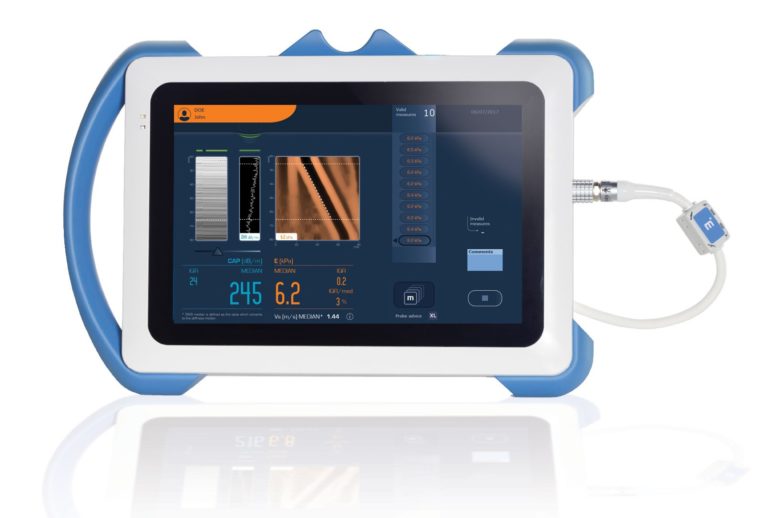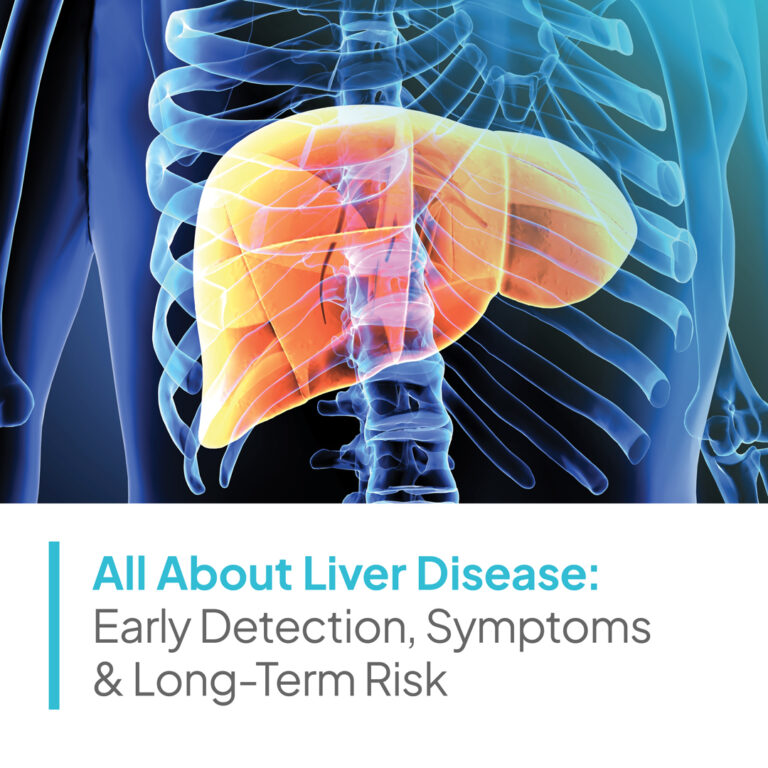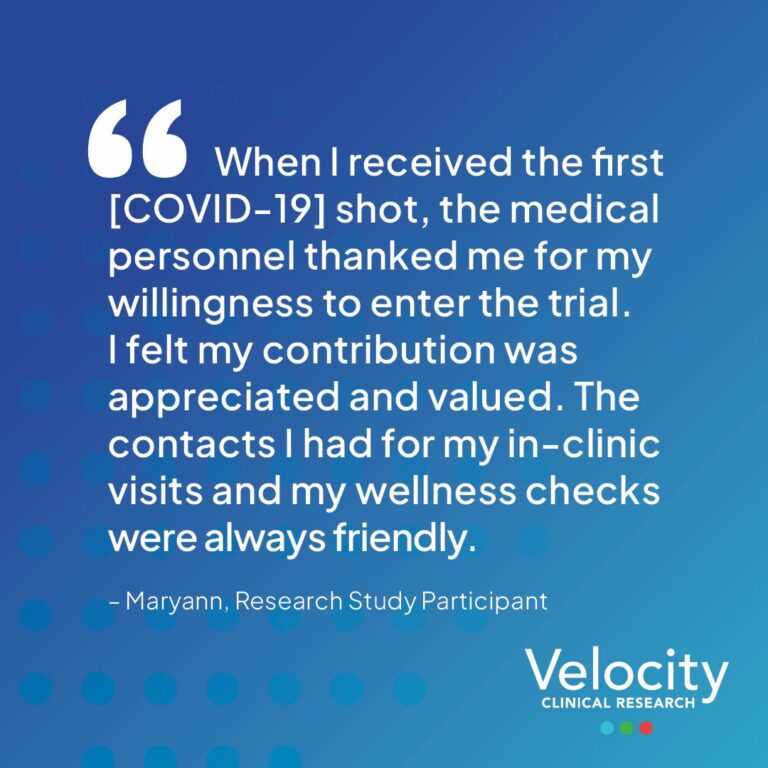Velocity's research site in Waco was founded by Nadege T. Gunn, MD as Impact Research Institute and acquired by Velocity in 2023. With over 2 decades of research experience, Dr. Gunn has conducted high quality and safe clinical trials that have impacted patient lives and led to groundbreaking medical discoveries.
Our goal is to raise awareness in the Waco community about NAFLD and the conditions that increase the risk of NAFLD such as diabetes, obesity, high blood pressure, and high cholesterol. Velocity Clinical Research, Waco aims to be the community’s resource for extending care options in NAFLD and many other conditions that are desperate for effective treatments.

Get a liver health scan at no cost
If you have diabetes, high blood pressure, high cholesterol, or obesity, you may be at risk for liver disease.
A liver health ultrasound (elastography or FibroScan®) can be used to detect a variety of liver issues, such as fibrosis (scarring) and steatosis (fat increases).
Contact us today to learn more about Fibroscan!
Our site is conveniently located in Waco, Texas just minutes off of I-35. Our suite is nestled inside the Fish Pond Medical Plaza building and is easily accessible to neighboring cities such as Killeen, Temple, and Harker Heights.
All trials are performed in accordance with ICH and FDA guidelines, and in compliance with GCP. The Velocity Waco team is committed to being a resource for study volunteers, to providing the highest quality of patient care with compassion and kindness and to advancing medicine through research.









